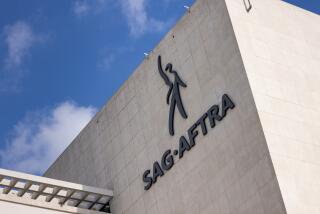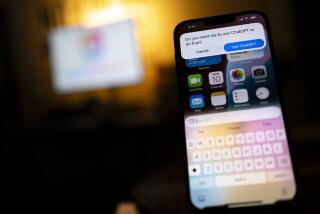Congressional Negotiators Back Bill Limiting Polygraph Tests
- Share via
WASHINGTON — Compromise legislation that would prohibit most lie detector tests for private employees and job applicants was approved unanimously Tuesday by House and Senate negotiators.
Solid bipartisan support for the bill virtually assured final congressional passage, possibly within the next few weeks. President Reagan was expected to sign the measure despite the persistent opposition of a minority of conservative Republicans in Congress.
Sen. Orrin G. Hatch (R-Utah), who became an unusual ally of Sen. Edward M. Kennedy (D-Mass.) in pushing for the lie detector ban, said he would urge Reagan to sign the bill, which is endorsed by Labor Secretary Ann Dore McLaughlin and backed by an initially skeptical business community.
Swift Approval Seen
Rep. Pat Williams (D-Mont.) predicted swift, overwhelming House approval of the measure, which he said would “stop the explosion, the epidemic of lie detector tests” administered annually to about 2 million private employees and job applicants.
Kennedy, chairman of the Senate Labor and Human Resources Committee, said the bill effectively would prohibit as much as 85% of private polygraph tests, which he has called “inaccurate instruments of intimidation.”
The bill would not cover federal, state or local government employees. It also would exempt private contractors involved in government intelligence or national security work.
Williams and other House negotiators accepted without dissent a Senate amendment to allow employers to administer carefully controlled lie detector tests as part of a theft investigation within the company.
The conditions for such tests are that the employee had access to the stolen property, that the employer had a “reasonable suspicion” that the worker was involved and that the employer give details of the incident and evidence supporting the suspicions in a written statement.
Senate negotiators accepted a House provision allowing employers to give polygraph tests to guards and other security personnel, as well as employees handling certain controlled drugs, as long as strict standards are met and the results are not the sole basis for action against an employee.
Permissible tests would have to be administered under stringent guidelines to be developed by the Labor Department.
More to Read
Get the L.A. Times Politics newsletter
Deeply reported insights into legislation, politics and policy from Sacramento, Washington and beyond. In your inbox twice per week.
You may occasionally receive promotional content from the Los Angeles Times.










